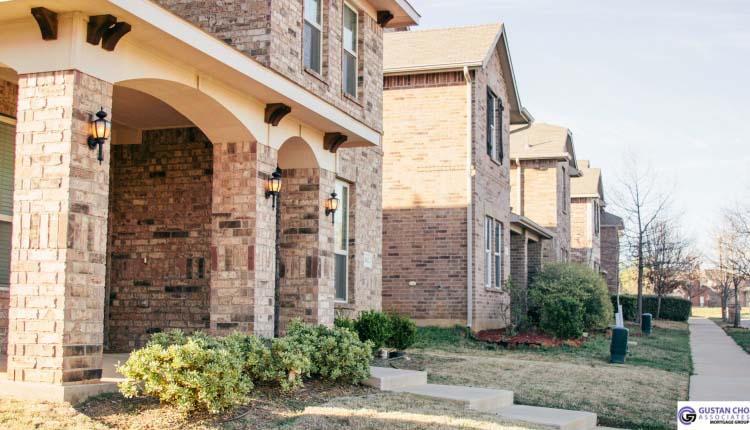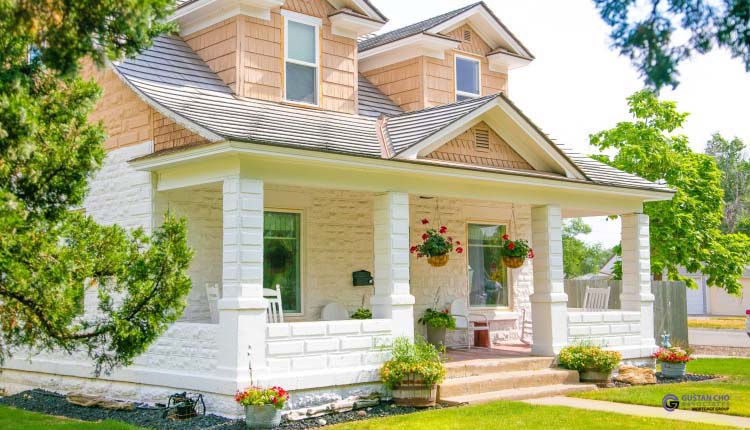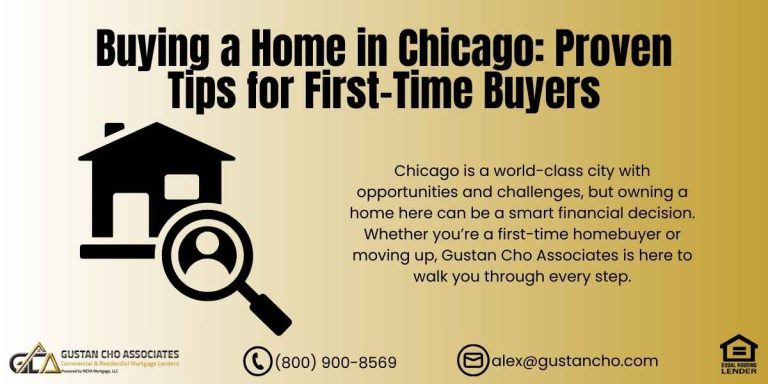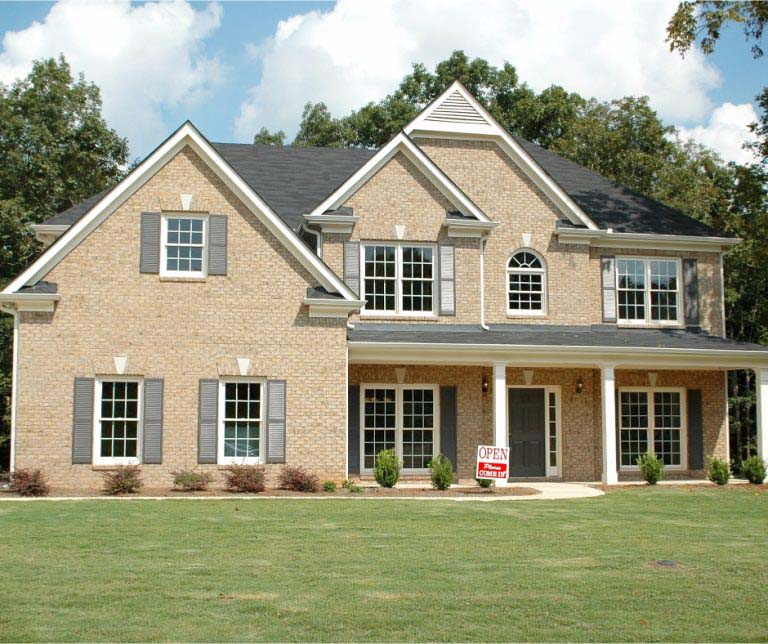In this blog, we will discuss and cover choosing the right neighborhood when buying a home. Choosing The Right Neighborhood: How I Ended Up In Hampshire, ILLINOIS. Dale Elenteny says the following about choosing the right neighborhood when buying a house:
When I meet up with friends who I haven’t seen in a while or meet someone new and they ask where I am living, I respond with “Hampshire”. They look at me like a deer in headlights.
Then I either have to tell them near Huntley or “just west of Elgin”. Then I get the customary “Oh, ok, like by the farms?” Yes, I picked up my family and moved us to a farm in the northwest suburbs of Hampshire, Illinois, right! In this article, we will discuss and cover choosing the right neighborhood when buying a home.
Choosing The Right Neighborhood in Hampshire, Illinois
Let’s back up a little bit: I was born and raised in the suburbs right next to O’Hare airport. In fact, at times I thought the airport was in my backyard I was that close. Before getting married I moved out to Elgin near the Hoffman Estates, Illinois border, after a few years we moved into a townhouse rental about 4 blocks from the Hoffman Estates border.
Find the Perfect Neighborhood for Your Family
Schools, safety, and lifestyle matter just as much as the house.
Purchasing a New Home When Kids Are School Aged
It was about the time our daughter was turning 4 that we had to decide what we were going to do in terms of education and purchasing a long-term home as we couldn’t live in a rental forever.
We knew that where we were currently living was a U-46 school district and we were not thrilled to put our daughter into that school system.
After quickly looking at homes and schools in the Schaumburg/Hoffman Estates area we knew our budget of $250,000 wasn’t going to get us the space we desired, so what was there to do? We looked west as there was still affordable new construction going up all over the place and newer homes were also for sale as well.
Choosing The Right Neighborhood and Researching School Districts
We first began to look around the 301 school district as the schools were all highly rated and newer, the housing was also newer or brand new as well. We really liked the area of far west Elgin. But the prices were still just a touch out of reach as we didn’t want to settle for something smaller and older. We moved just a little farther west to Pingree Grove and if you read my previous posts, you will know we lost out on a short sale home here.
Buying Home Further From Work Due To Lower Home Prices
After this house fell through, we focused on Hampshire as there was still a new Ryland community being built and district 300 schools also had been highly rated and the schools were mostly brand new.
After seeing the prices of homes in this community, we knew we could make this work. The location was still a bit farther west than we thought we would have to go.
But right at the 90 and 47 interchanges and close to Rt. 20, it couldn’t be in a more convenient area. Ok, great, we had our area picked out and after going through the motions of purchasing our home, we got our house for just about $250,000 on the nose.
Longer Commute Distance To Work Worth More House For My Money
Friends and family had to get used to coming out to our house to visit and to this day we still get the jokes of “man, we should have packed a cooler” or “I didn’t know I was driving to Wisconsin.” Dale Elenteny, a senior mortgage loan originator at Gustan Cho Associates says the following about choosing the right neighborhood when buying a home:
Listen, folks, just because your sheltered lives don’t take you past Woodfield Mall on the 90, doesn’t mean I am in the middle of nowhere. I live 30 minutes from Woodfield and 7 minutes from Randall Road where anything and everything is there.
What it comes down to is there are still new construction options for families with a budget of $250,000 or less. Yes, you may have to get a little bit out of your comfort zone, but the new communities and schools will be well worth it in the long run. I am happy where I am, and you can be too!
Choosing the Right Neighborhood When Buying a Home
Find essential tips for picking the best neighborhood when buying a home. From schools to safety, learn what truly matters for your lifestyle and future value.
Why Choosing the Right Neighborhood Matters
When you buy a home, you’re choosing a community. The neighborhood you pick affects your everyday life, the future value of your home, and even your monthly bills. Whether it’s the schools your kids will go to, the safety of the streets, or the parks and shops nearby, the community you settle in will shape your happiness and how well your investment grows.
Choose a Home AND a Neighborhood You’ll Love
We’ll guide you through schools, amenities, and future growth.
Key Factors to Consider Choosing the Right Neighborhood
Location and Commute
Start by thinking about your commute. How far is the drive to work? How long will it take your kids to get to school? A neighborhood near your job or your school district can save you precious hours each week. Also, look at how easy it is to get to public transit, major roads, and any future rail or bus lines that might shorten travel times.
Safety and Crime Rates
Safety tops the list for most homebuyers. Check the latest crime stats for the area and have open chats with neighbors. A neighborhood with few incidents feels better for you and your family and keeps your home’s value rising.
School Districts and Education Options
Schools matter, whether you have kids now or plan to later. Strong districts attract buyers and help boost your home’s resale value. Even if education isn’t your main concern, a home in a respected district makes smart financial sense for the future.
Amenities and Lifestyle Fit
The right neighborhood should be a good fit for your daily life. Think about:
- Do you want to stroll to cafes and shops?
- Do you crave a peaceful suburban feel?
- Must you have parks, gyms, or theaters nearby?
Write down your top three lifestyle must-haves and see which neighborhoods tick the most boxes.
Choosing the Right Neighborhood for Future Growth and Development
Is the area on the rise? New shops, roads, or parks can lift property values, but too much commercial growth can mean added traffic and noise. When you decide, balance the positive growth with your lifestyle needs.
Property Values and Resale Potential
Even if you plan to stay for years, resale value still counts. Spend some time looking at how recent homes have sold in the area and what listing prices have done over time. If prices have been steady or climbing, your choice is looking good. If they’re sliding, you might want to rethink.
More Tips for Choosing the Right Neighborhood
Talk to Neighbors
The best info comes from the people already there. Knock on doors or hang out at local spots. Ask residents what they love about the area and what drives them crazy.
Drive Through at Different Times
A street might feel peaceful on a Tuesday afternoon but turn wild on a Saturday night. Swing by in the early morning, again at night, and on the weekend to catch the full picture.
Peek at HOA Guidelines
If the neighborhood has a homeowners association, review the rules and fees. Some people value order and extra perks, while others feel the rules cramp their style.
Look at Taxes and Living Costs Choosing the Right Neighborhood
Property taxes and other local fees aren’t always the same from street to street. Align these costs with your budget so there aren’t any surprises later on.
FAQs About Picking the Right Neighborhood
Why Does the Neighborhood Matter as Much as the House?
The neighborhood shapes your daily life, affects your safety, and determines how much your home will be worth later. It’s a part of your home, even if it’s not on your title.
How Can I Check Crime Rates Where I’m Thinking of Buying?
Local police websites, crime mapping tools, and neighborhood forums usually share up-to-date statistics. Meeting people who live there offers the best picture of safety.
Should I Care About School Districts if I Don’t Have Kids?
Absolutely. Homes near highly-rated schools tend to hold their value better and are easier to sell later, even if your family isn’t school-aged.
What Are The Signs Choosing the Right Neighborhood is on The Rise or in The Fall?
Signs of growth include new shops, parks, and buildings, and increasing home prices. An area in decline may have empty storefronts, many “for sale” signs, and dropping values.
Should I Base My Choice on Where I Am Now or Where I’ll Be?
Do both. Think about what you need today and what you’ll need in the next 5 to 10 years. A little homework now saves many headaches later.
How Do Property Taxes Play a Role in Neighborhood Choice?
Higher taxes mean higher monthly payments. Always include taxes in your total budget when you compare neighborhoods.
How Important Are Amenities When Picking a Neighborhood?
Amenities shape your everyday routine. If you love strolling to cafes, parks, or fitness spots, look for a neighborhood that makes those things easy to reach.
Do Homeowners’ Associations Help or Hurt Neighborhood Decisions?
It depends. Some folks appreciate the tidy lawns and shared pools with an HOA, while others run from extra fees and rules about paint colors or pets.
Should I Rent in a Neighborhood Before I Buy?
Renting lets you experience the area—traffic, neighbors, and events—so you can decide if it’s the right fit before you commit to a mortgage.
Choosing the Right Neighborhood Without Breaking the Bank?
Look for areas with good schools, low crime, and nice parks with homes in your price range. It might mean a smaller house, but the community perks pay off daily.
Summary: Final Thoughts
Michael Gracz is a senior writer for Gustan Cho Associates. Mike Gracz is an accountant by trade and is an expert in all areas of accounting and lending. Mike also consults clients in all areas of investing and lending and is an expert financial planner.
Mike Gracz’s interest in real estate and finance and due to his many clients seeking lending advice led him to study and pass his national NMLS national mortgage examination and is sponsored by Gustan Cho Associates, a mortgage broker licensed in 48 states with over 280 wholesale mortgage lenders.
Mike Gracz is a senior loan officer at Gustan Cho Associates is a natural-born leader and looks forward to expanding his sales team by hiring quality career-minded individuals like himself to establish a powerhouse. We look forward to Mike Gracz’s blogs in the coming days and weeks. Stay tuned!!!!!
Don’t Just Buy a Home—Buy Into a Community
Make a smart choice with expert insights on local areas.









